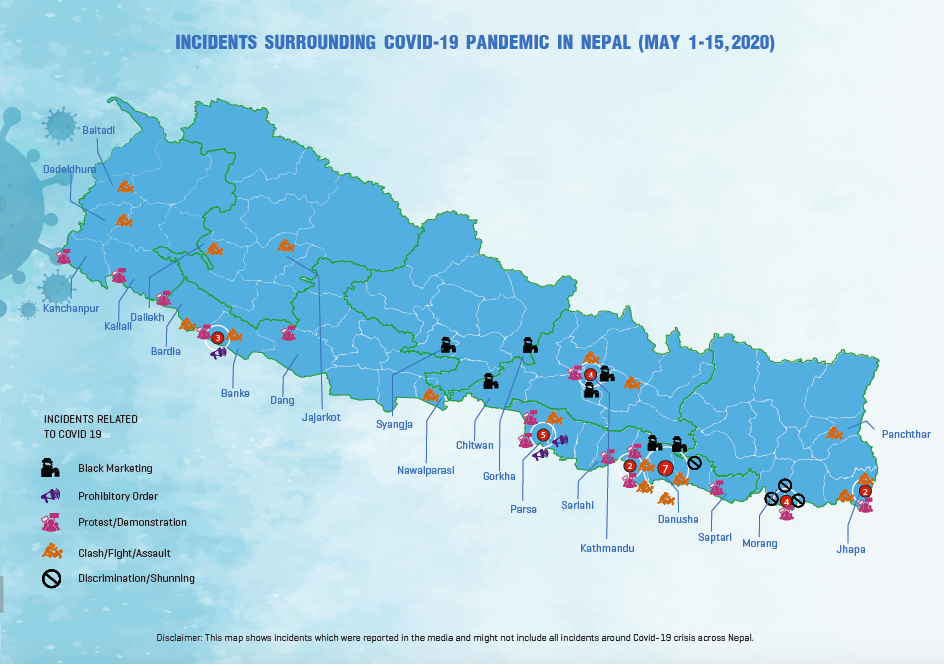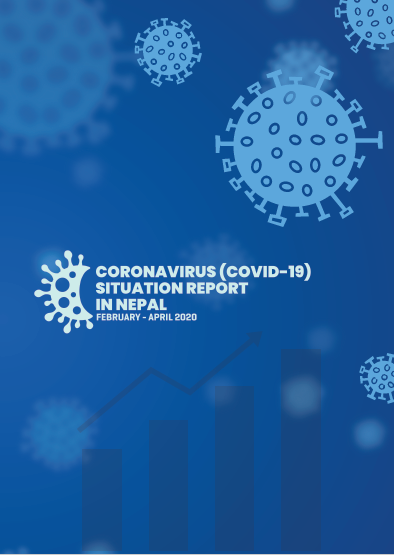Incident Reports
आमाको नामबाट नागरिकता : राष्ट्रवाद वा समानता, एक बहस
2015-01-03
Related Reports
GBV / Okhaldhunga
यौन दुर्व्यवहार घटनाका आरोपित गिरफ्तार
Province 1, Okhaldhunga, Sunkoshi, Ward 8
December 03, 2023
Related Trend Analysis
Analysis

THE NEPAL PEACE MONITOR ANNUAL REVIEW: 2020
October 25, 2021
Human Trafficking / LGBT+ Rights / GBV / Political / Children’s Rights / Senior Citizens’ Rights / HRD Issues / Human Rights / Interpersonal Violence / Governance / Covid-19 / Civic-Space / PwD



